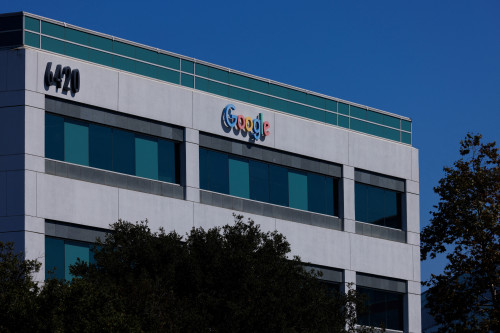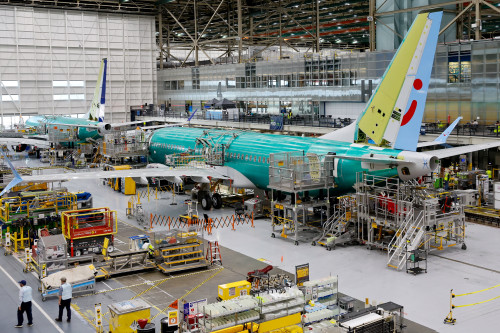By Siddarth S
(Reuters) – J.P.Morgan estimated spending on data centers could contribute between 10-20 basis points to U.S. economic growth in 2025-2026 as technology companies race to benefit from the artificial intelligence boom.
Investments in data centers, which help provide computing power for AI, have surged since OpenAI launched ChatGPT in 2022, as companies across sectors increasingly shift their operations to the cloud and integrate AI into their offerings.
Mega-cap cloud companies including Microsoft and Alphabet have been heavily spending on AI-related investments.
The boost to gross domestic product (GDP) could primarily come through demand for data center construction, technology equipment investment, and for additional power generation and transmission infrastructure, the Wall Street brokerage said in a note dated Wednesday.
Spending on data centers likely contributed 0.1%-0.3% to GDP growth in 2024, as per J.P.Morgan’s estimates.
While the brokerage estimates exclude the costs of new power generation, it projected each 5-10 gigawatt in new capacity could require $20 billion in spending, or 7 basis points of GDP.
U.S. power consumption will rise to record highs in 2025 and 2026, the government’s Energy Information Administration said in its Short Term Energy Outlook (STEO) on Tuesday.
There has been help from the political front too, as President Joe Biden signed an executive order on Tuesday to provide federal support to address massive energy needs for fast-growing advanced AI data centers.
“The data center boom will likely play out for at least a couple more years given ongoing gains in AI innovation and its potential to deliver a positive economic impact,” said J.P.Morgan.
However, the brokerage added, “Whether that growth continues well into the second half the decade will then depend, similar to the telecom (boom) episode, on whether the expected return on these investments is realized.”
(Reporting by Siddarth S in Bengaluru; Additional reporting by Jaspreet Singh in Bengaluru; Editing by Alan Barona)





